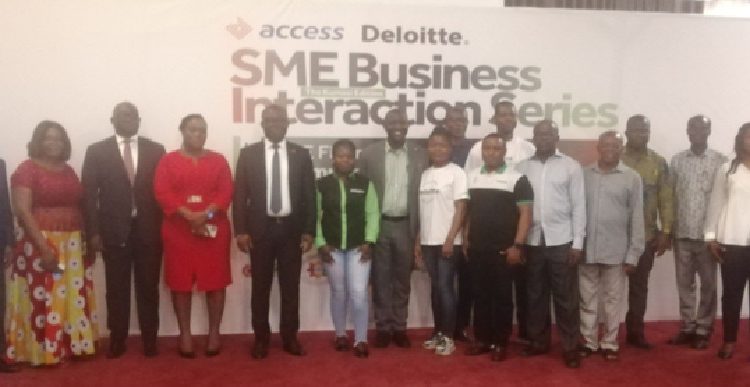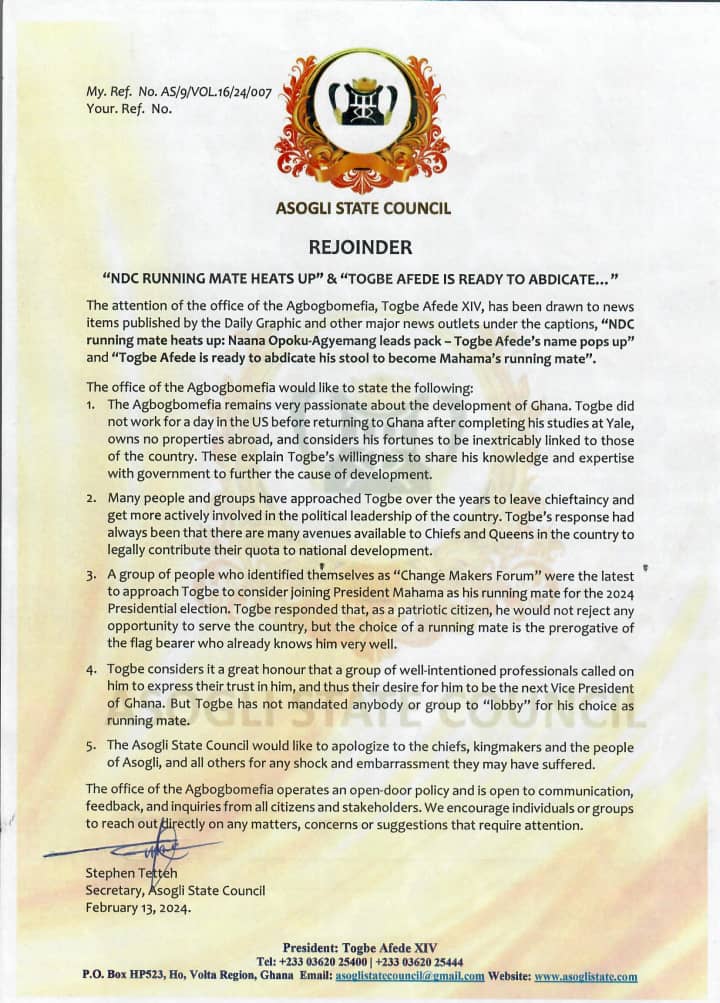
A Consulting Partner at Deloitte Ghana, Serwa Atiase Dzogbenuku has stated that the 10 per cent tariff imposed by the US government presents an opportunity for Ghana to emerge stronger and bigger.
According to her, the tariff would not have a significant impact on the Ghanaian economy since the US was not a major trading partner of Ghana, compared with the level of trade with countries like the United Arab Emirates and China.
Sharing her perspectives on the topic “US Tariffs: Navigating the Challenges and Creating Opportunities for the Ghanaian Economy” at a Thought Leadership event organized by the Canada Ghana Chamber of Commerce, Ms Dzogbenuku said despite the anticipated associated challenges the tariffs posed to some sectors, it offered a unique opportunity for the country to strengthen domestic industries, diversify trade partnerships, and enhance economic resilience.
Amidst the global economic uncertainties worsened by US tariffs, gold prices have surged, reaching record highs of $3,000 per ounce in March 2025 as reported by the financial times.
The rise in gold prices is driven by investors seeking safe-haven assets in times of uncertainty.
Ms Dzogbenuku said the increased demand for gold had the potential to boost Ghana’s external revenue, supporting the country’s foreign exchange and contributing to the stabilisation of the Ghana Cedi.
On supply chain alignment, she pointed out that Ghana, with its political stability, improving infrastructure, and expanding industrial base, could position itself as a preferred supplier of goods like cocoa derivatives, cashew nuts, and gold.
According to her, this window allows Ghana to capture new market share and strengthen long-term trade relationships.
She also indicated that the tariff-induced trade shifts present a unique chance to reorient Ghana’s economy from raw material exports to value-added production.
“By attracting investment into processing industries (especially cocoa, palm oil, and rubber), Ghana can build an export-driven manufacturing base to take advantage of the rising global demand for ethically sourced and sustainable products,” she said.
She said the African Continental Free Trade Area (AfCFTA) serves as a strategic tool for Ghana to trade more easily with other African countries, to strengthen local value chains, and reduce the country’s reliance on distant markets like the US.
She also urged the government to invest more in agro-processing, manufacturing, and small industries to reduce dependence on finished goods imports.
She cited the 24-hour economy initiative and the One District One Factory (1D1F) implement ed by the previous government as areas that needed attention.
These she believed would help boost industrialisation in the country.
The post US 10% tarrif presents opportunity for Ghana to emerge stronger – Deloitte appeared first on Ghanaian Times.
Read Full Story

















Facebook
Twitter
Pinterest
Instagram
Google+
YouTube
LinkedIn
RSS